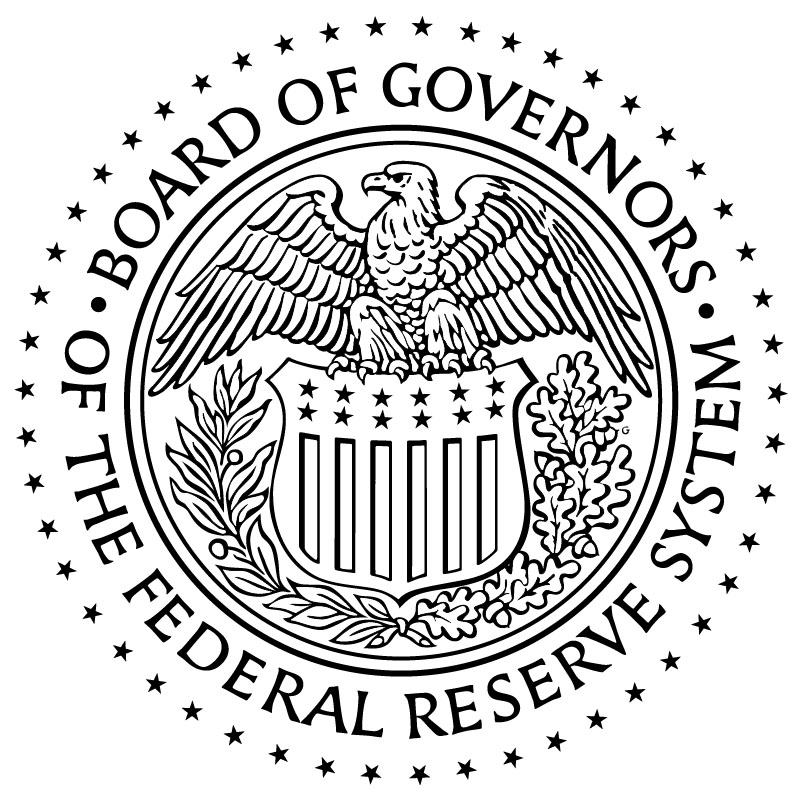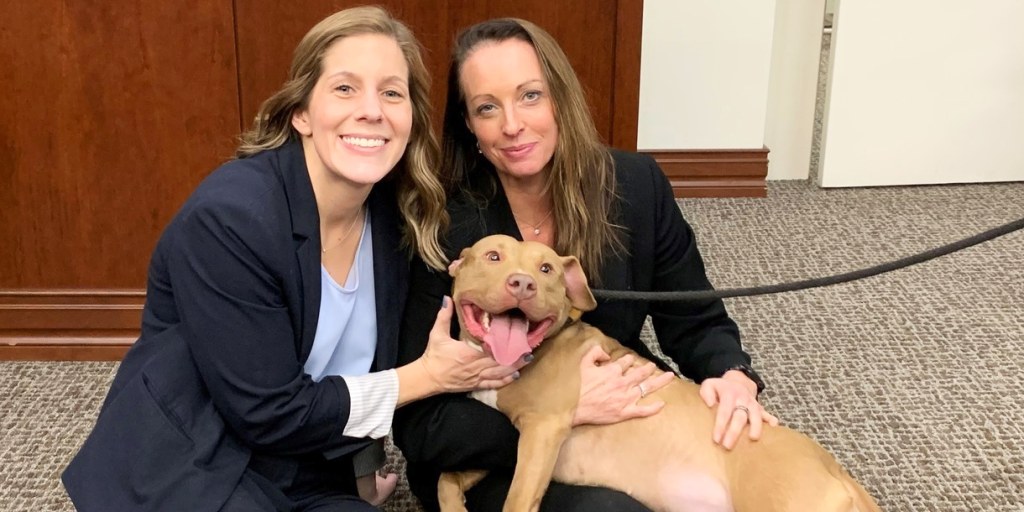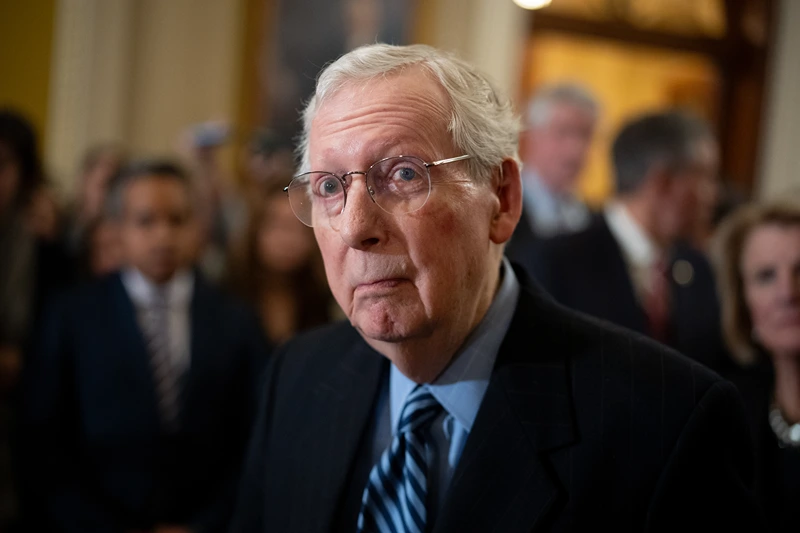Trump Administration's Foreign Aid Freeze Impacts HIV and AIDS Work

The Trump Administration's foreign aid freeze, led by DOGE, is obstructing critical efforts in HIV and AIDS programs, leaving key USAID staff unable to perform their roles.
The Trump Administration claims it is allowing "lifesaving" foreign aid to continue, but in reality, DOGE is preventing vital work on HIV and AIDS from saving lives.
One of President Donald Trump's first actions after taking office last month was to sign an executive order freezing foreign aid, much of which flows through the United States Agency for International Development (USAID), an independent agency that represents less than 1 percent of the overall federal budget. The administration later said that "lifesaving" work was exempt and could continue. But USAID employees and officials from non-profit organizations say they are still being blocked from doing vital work on ending the global HIV/AIDS epidemic.
The consequences may be dire: "At a minimum, 300 babies that wouldn't have had HIV, now do," one current USAID worker estimates.
WIRED interviewed eight current and former USAID employees and contractors for this story, several of whom directly work on the agency's HIV and AIDS programs. They were granted anonymity due to fears of retaliation and because they were not authorized to speak publicly about the agency. USAID did not respond to requests for comment.
Elon Musk's Department of Government Efficiency (DOGE) Service has plowed through several government agencies since President Donald Trump took office last month, proposing sweeping changes to federal infrastructure. But no agency has been gutted as thoroughly as USAID. A cadre of young DOGE agents have been stationed in USAID's headquarters since last week; after reportedly wresting control of USAID's secure systems and placing key personnel on administrative leave, the DOGE team began cutting off staff email accounts on a rolling, seemingly random basis, with no guidance or explanation, employees claim. "It's been absolutely hellish," says a current USAID employee who lost access to their email on Monday morning.
"We spent the weekend feeding USAID into the wood chipper," Musk said on social media Sunday. "Could [sic] gone to some great parties. Did that instead."
One popular program implemented by USAID, however, has already been granted an "emergency humanitarian waiver" to keep operating: the President's Emergency Plan for AIDS Relief, or PEPFAR.
The global health program, which was founded by former US president George W. Bush and is overseen by the State Department, has saved an estimated 26 million lives since its launch in 2003. It's implemented by a handful of government agencies, including USAID. While in theory the Trump administration's waiver allows the program to resume some of its activities while the foreign aid freeze is still in effect, in reality, sources tell WIRED that much of its lifesaving work remains paused.
"Your money is being unfrozen but you can't contact the people who actually froze it," a senior official at an HIV/AIDS organization told WIRED. "There's a bigger communication blockage that is frustrating even the efforts put in place to free up the lifesaving work."
Large numbers of USAID employees have been placed on administrative leave or locked out of their emails and work servers in recent days, including those working on a variety of what they say are critical public health missions. USAID staffers say this demonstrates that the emergency waiver application process is ineffective and isn't ensuring that aid workers can continue serving vulnerable populations.



















